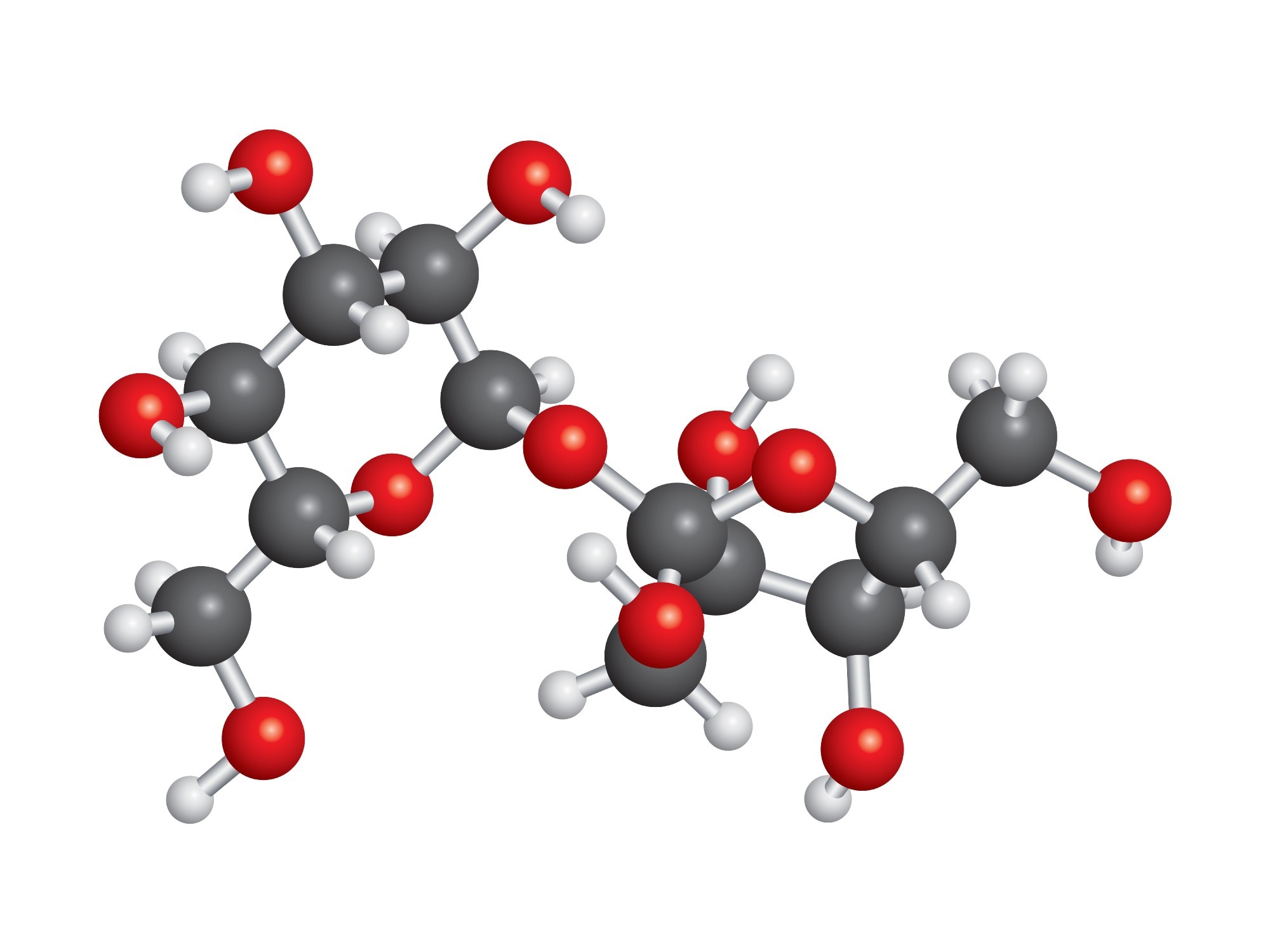Recognizing Polymers: The Science Behind Versatile Materials
Recognizing Polymers: The Science Behind Versatile Materials
Blog Article
Maximizing the Potential of Polymers: Discover the Complex Advantages and Practical Utilizes
In the large landscape of material science, polymers stand out as versatile compounds that have actually penetrated nearly every element of modern life. Their application spans different industries, from production and building and construction to health care and technology. The complex benefits and practical uses polymers proceed to develop, providing cutting-edge remedies to complicated challenges. By discovering how polymers can enhance item sturdiness, drive sustainability initiatives, reinvent health care remedies, and lead the way for future technical developments, we can reveal a world of opportunities waiting to be utilized.
Significance of Polymers in Modern Industries
Polymers play a crucial duty in contemporary markets, working as versatile materials that drive innovation and effectiveness across a wide variety of fields. These complicated particles, composed of duplicated subunits, have transformed industries such as vehicle, aerospace, electronics, health care, and a lot more. In the vehicle market, polymers have enabled the development of light-weight yet sturdy parts, boosting gas performance and general efficiency. Aerospace markets rely upon polymers for their high strength-to-weight ratio, important for aircraft and spacecraft building. The electronics industry benefits from the shielding homes of polymers, vital for manufacturing circuit card and electronic tools (Polymers). In addition, polymers are thoroughly utilized in the health care industry for drug delivery systems, clinical tools, and biocompatible products. Their versatility, toughness, and cost-effectiveness make polymers indispensable in modern manufacturing processes, fostering innovations and driving progression in numerous sectors worldwide. Accepting the possibility of polymers is crucial to opening more innovations and attending to the progressing requirements these days's commercial landscape.
Enhancing Product Toughness With Polymers
With a concentrate on durability and strength, integrating sophisticated polymer technologies right into product layout has come to be a cornerstone of improving durability in contemporary production procedures. Polymers provide a vast range of properties that contribute to the general durability of products. One crucial advantage is their resistance to rust, chemicals, and weathering, making them ideal for use in different sectors where exposure to severe problems is common.
Additionally, polymers can be customized to satisfy particular durability demands, permitting producers to personalize items according to their meant use and expected life-span. By integrating polymers right into item parts, manufacturers can improve toughness and impact resistance, lowering the possibility of damage or use over time.
Furthermore, polymers are light-weight yet sturdy, providing toughness without including unnecessary weight to items. This particular is specifically helpful in sectors such as aerospace and automotive, where lightweight materials are vital for enhancing gas performance and total efficiency.
Sustainability Innovations Through Polymer Innovation
In the realm of modern-day production and item design, the innovative application of polymers is driving considerable developments in sustainability methods. Polymer technology plays a critical function in enhancing sustainability by providing solutions that reduce environmental influence throughout numerous markets. One essential element where polymers succeed remains in making it possible for the development of light-weight yet sturdy products that add to fuel performance in transportation and minimize general power consumption. In addition, the recyclability and biodegradability of certain polymers better promote lasting practices by decreasing waste and pollution.
Additionally, developments in polymer technology have brought about the development of bio-based and renewable polymers, stemmed from natural resources such as plants, that more use a more lasting option to traditional petroleum-based plastics. These environmentally friendly polymers not just help in reducing reliance on nonrenewable fuel sources however additionally lower greenhouse gas discharges during manufacturing. By incorporating these innovative polymers into making processes, firms can lower their environmental impact and move in the direction of more lasting practices, lining up with international efforts to deal with environment adjustment and advertise a circular economic situation.
Polymers in Medical Care: Revolutionizing Medical Solutions

Among the vital areas where polymers are making significant strides is in the growth of targeted medicine distribution systems. By encapsulating medications within polymeric nanoparticles or micelles, researchers can enhance drug stability, improve bioavailability, and enable controlled launch, bring about a lot more reliable treatment programs with decreased adverse effects.
Additionally, polymers are critical in the field of regenerative medicine, where they are used to produce scaffolds that resemble the extracellular matrix, giving assistance for cell development and cells regrowth. This technology holds tremendous guarantee for repairing harmed body organs, promoting injury healing, and advancing customized medication approaches.
Essentially, the integration of polymers in medical care is driving development, boosting therapy efficacy, and ultimately improving patient results in means previously assumed unattainable.
Future Applications and Developments in Polymer Modern Technology
Advancing at the leading edge of clinical discovery, polymer innovation remains to pave the method for groundbreaking applications and developments forming varied industries. In the world of sustainable product packaging, biodegradable polymers are obtaining traction as eco friendly choices to conventional plastics. These polymers damage down naturally, lowering the environmental influence of single-use things. In the field of electronics, conductive polymers are changing wearable innovation and adaptable electronics. Their special properties permit the development of stretchable circuits and sensing units, making it possible for new opportunities in medical care monitoring and smart clothes. Additionally, check my reference polymer nanocomposites are enhancing the mechanical and thermal residential properties of materials, resulting in stronger and lighter elements in aerospace and auto markets. Looking in advance, scientists are exploring the capacity of have a peek at this website shape-memory polymers for applications in robotics and biomedical tools, where products that can "remember" and revert to their original shapes use interesting opportunities for technology. As polymer technology remains to advance, the future holds countless possibilities for groundbreaking developments throughout numerous fields.
Conclusion

Report this page